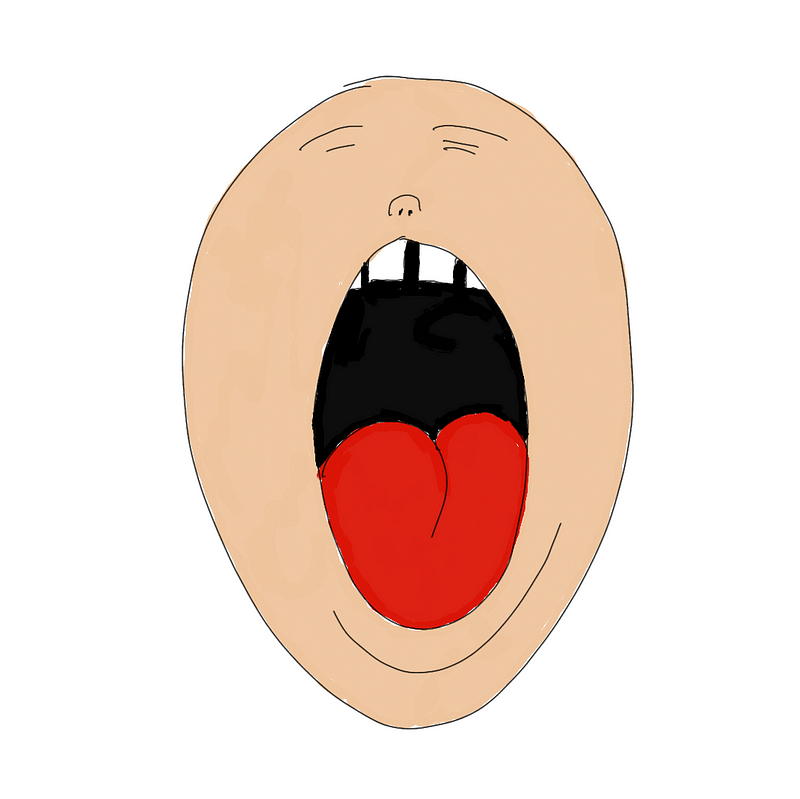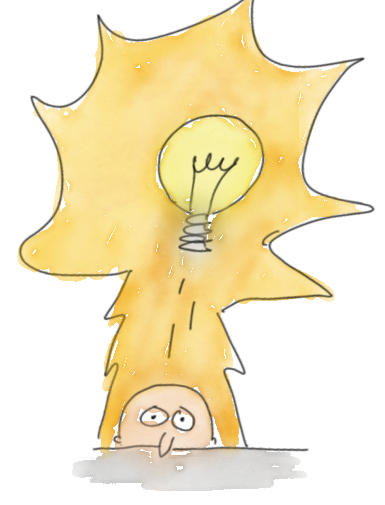Are you experiencing stage fright when writing on Medium for the first time?
I write about talking. I usually talk about it. Is it possible to have stage fright when writing?

I write about talking. I usually talk about it.
This is my first article on Medium. I’ve been avoiding it for days, thinking: tomorrow. Tomorrow, I will post. It’s been like this for days, with various thought devils like self-doubt and fear of judgment blocking me. What will my readers say? And what would be worse: no one is interested in my writing, or it has terrible feedback?
The only logical conclusion: don’t write, then you won’t have any stress. But that’s like: Don’t do sport, then you won’t have stress. Writing is a self-reflection tool, offers opportunities to express feelings and thoughts creatively, and even has therapeutic functions. It can help you process your emotions, gain clarity, and heal from traumas. So I’m staying brave: go to the gym and keep writing.
Is it possible to have stage fright when writing? It’s a phenomenon that can occur only when speaking. I’m familiar with stage fright.
This first article, tormenting me now, reminds me of my first presentation over 25 years ago. I was a student in the first semester of psycholinguistics and speech sciences. It was required to give presentations. I was scared and incredibly stage-frightened. If I’d had the opportunity not to present, I never would have done it; my life would have been different, and you wouldn’t be reading these words now. I remember the sleepless nights, the racing heart, and the fear of forgetting my lines. I want you to know that I understand the fear, anxiety, and self-doubt that comes with public speaking. I’ve been through it and overcome it. And I believe you can, too. That’s why I’m writing. I want to inspire you — and overcome my writing anxiety.
My first presentation
Three students are presenting in front of me. I’m sitting relatively far forward and have the whole seminar room in view. I’m new to the city and the university, and everything is strange.
The presenters are trying to get my attention, but they speak monotonously and dryly, and it all sounds incomprehensible and boring. The other students also seem disinterested, annoyed, and frustrated. They start talking to each other. Some giggle, others read, some daydream, and many look bored.

I can see the presenters struggling, but no one is interested. I have to present in a moment. I can feel my knees getting weak. My heart is beating faster and faster. My face is burning up. I can’t do it. I don’t want to. I’m going to fail!
I see my professor look at his wristwatch, then he holds it up to his ear and rolls his eyes.
My heart beats faster. I feel sick.
The students finish their presentation.
I want to run away. I feel hot. I’m sitting motionless. My ears are ringing. I hope they forget about me. The professor may see that no one wants another presentation. He could say: We’ll skip the last presentation. It’s summer! Go for ice cream! Go to the lake. That’s enough for today.
I don’t want to present!
I hear my name in the distance. And the last lecture today was by Jane Bormeister. My legs break away. I stagger to the podium. I barely manage to stand upright. My heart is racing.
I start my talk. I get embarrassed right at the start. Start to stutter. My voice breaks. Legs tremble. My face is glowing.
I look into the room. My fellow students look at me. They are grinning. Are they laughing at me?
Blackout!
I lose my train of thought. I wish a hole would open up in the floor, and I could sink into it. See the professor holding his watch to his ear again, rolling his eyes. I feel ashamed.
My first lecture was a disaster.
Despite the initial disaster, I persevered. It took immense effort to overcome my stage fright and start speaking and presenting. But as time passed, I found myself giving talks, leading seminars, and coaching others. I learned various tools, the most valuable of which came from my dear friend and mentor, Eberhard Wittig (RIP).
My passion is to inspire you with rhetoric and communication skills.
I look forward to analyzing your communication problems and finding suitable tools and solutions.
According to the motto:
Get across what you have to say!
Speaking is fun! Show the fun!

Now, back to my first article on Medium. Many authors inspired me and encouraged me to write here. Here are some authors who have mainly motivated me Yana G.Y. , Dr James Smith, MMMY, Jayshree Gururaj, Jan Sebastian 🖐👩🦰 , remi ;༊, The Professor of Medium, Jérémie., Bin Jiang.
Now I have to apply the same rule to myself: What does it mean for me now that writing is fun? Let’s find out.
My heart is pounding. Should I press the publish button now, or will tomorrow be enough? My heart is beating faster. I exhale deeply.
PS: What happened next? I received my M.A. in Speech Science and Psycholinguistics. Then, I met a great friend and mentor, Eberhard Wittig, who took me under his wing and taught me the craft of rhetoric from scratch. I studied M. A. Cultural Studies and Complementary Medicine and investigated speakers with stage fright in my PhD. I measured cortisol, examined heart rate variability, interviewed audiences, and developed and evaluated a rhetoric program collaborating with doctors, physiotherapists (Spiraldynamik©), and Eberhard Wittig. This journey has been transformative for me, and I hope that sharing it with you can inspire and guide you.
I then founded the Atelier für Rhetorik in the heart of Berlin/Germany. At the same time, I accepted a professorship for social pedagogy, management (and coaching) at the International University of Cooperative Education (iba) in Berlin and at the Virtual Campus.
